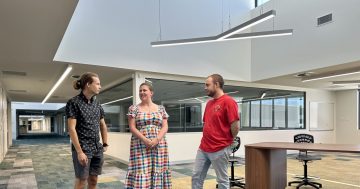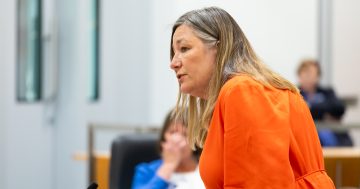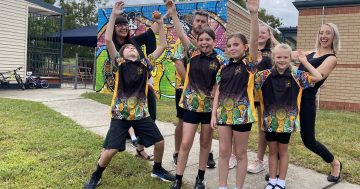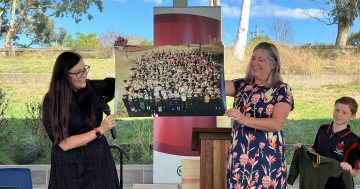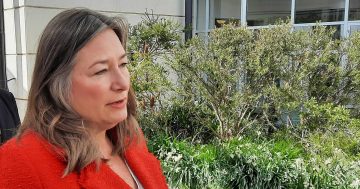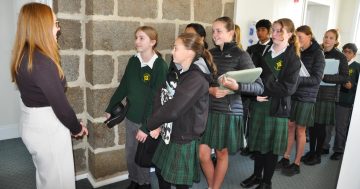
I heard an interview on 666 during the week about having specialist teachers in Primary Schools, in contrast to the current model where Primary teachers are predominantly generalists. The idea made a lot of sense.
From my experience, it is difficult to be good at all things – particularly across the broad range of subjects taught to our kids. And yet, we expect one person to instill the basics of these areas, along with breeding a passion and interest to learn more. I can’t help but wonder what a difference it would make to early education if our children were introduced to these vital subjects by someone passionate and committed to that one subject.
I’m sure we have all experienced the energy that comes from someone talking about something they truly love.
I have a friend in England who is a history teacher at High School level. She is intelligent and well versed on many subjects. It is always great to catch up with her and talk about anything. But if the discussion brushes on anything to do with history her eyes light up, she shifts with energy and almost buzzes. It is hard to avoid being caught up in her enthusiasm. Compare that to a discussion with me about history. Yeah, we might talk about some interesting stuff (although not likely as I don’t know a great deal about the subject) but you’re not going to get that same energy (and certainly not the same depth of knowledge) from me.
Now put a Primary school student in a classroom with someone who has an energy and passion for English or Mathematics or Science etc. I can only imagine what a different experience it would potentially make to the way kids learned.
Don’t get me wrong. My daughter started in the public school system this year and I maintain that we broadly have excellent schools in Canberra. Her teacher is committed and passionate. At this level (Pre School) I don’t think being a specialist or generalist makes a big impact as it’s about instilling a love of the school environment and learning which she has done with great success from my experience.
But, when I think about my niece (who is 7) I can’t help but wonder if she would be encouraged to ask different questions, enter varied discussions and learn with greater depth were her classes to be taught by specialists.
I’m sure that in terms of logistics and cost, this is not likely to be something that happens today, but I hope it is considered for the future.
Note: I am of the mind that those who teach our kids should be up there in terms of salary (along with nurses, police officers, ambos and firemen and women). To me, that would help us attract and retain the best people for some of our most important jobs, but that is another post for another day…












